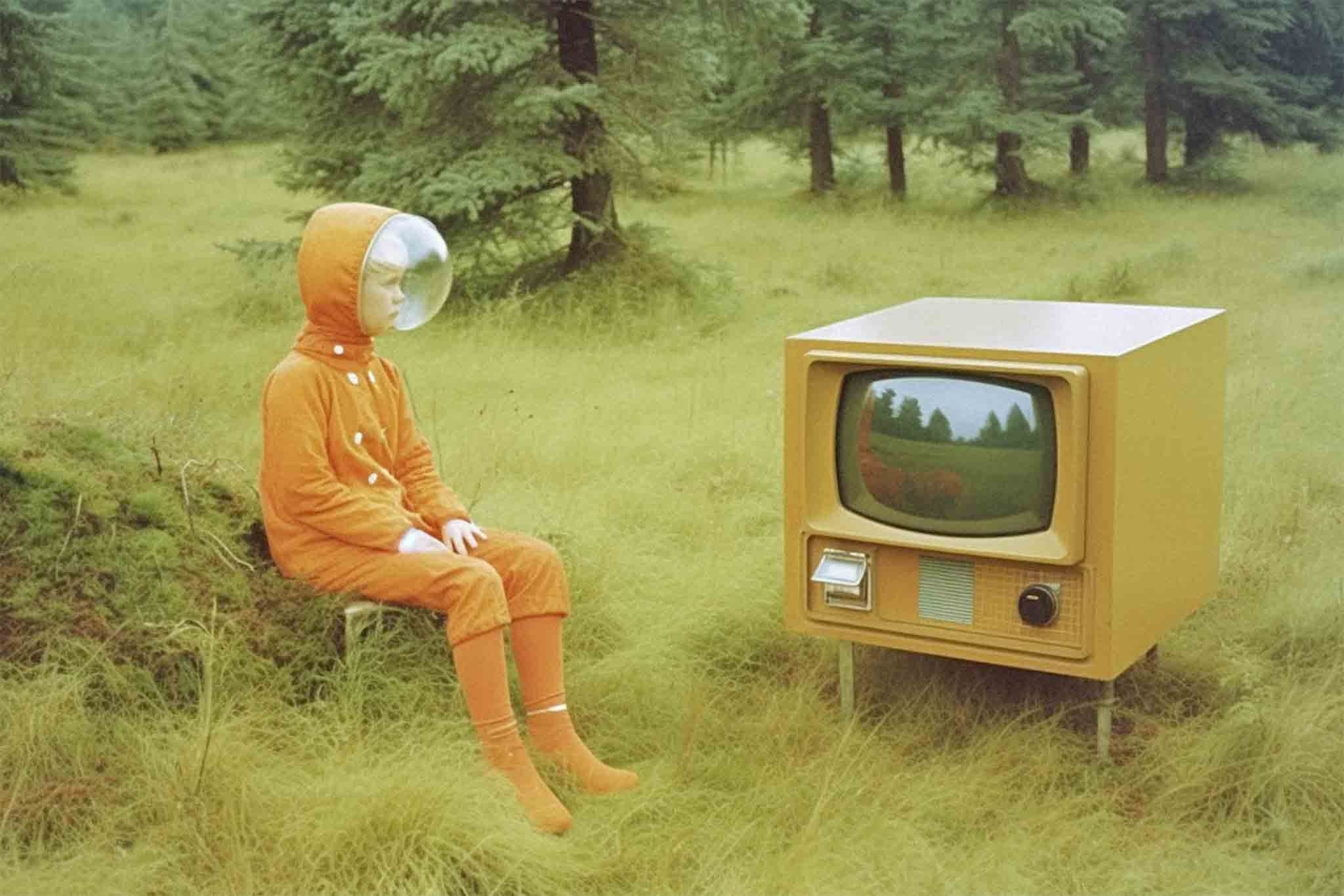How many hours of your life do you think you’ll spend working? Take a guess.
The average person works about 90,000 hours over a lifetime. Ninety. Thousand.
That’s over 10 years of nonstop work, assuming you never slept, ate, or took a break. And while that number alone is staggering, the reality of how much space work occupies in our lives becomes even more daunting when you dig deeper.
Meaningful work does not have to be a dream – simply assessing your skills and values can put you on a brand new path to a successful and fulfilling reality.
The Math of Our Lives
Let’s break it down. Out of the roughly 80 years we’re fortunate to have, the first 18 or so are spent growing up—learning how to tie our shoes, navigate algebra, and survive teenage awkwardness. In other words, these years don’t really “count” in the work-life tally.
Then, toward the end of life, there are the retirement years—the ones we imagine spending on bucket lists and leisurely mornings. But let’s be honest: by then, we may not have the same energy to enjoy the dreams we held when we were younger.
So, what’s left? The bulk of our lives—somewhere between our early twenties and our sixties—is spent in the working years. But that’s not all. Subtract the hours spent commuting, showering, dressing, eating, and running errands.
Then consider the time you spend too tired after work to do anything more productive than scrolling social media or binge-watching a Netflix show you’ll barely remember. Suddenly, work isn’t just a part of your day—it’s most of it.
The Reality Check
Here’s the hard truth: for many of us, work is the centerpiece of our lives. It determines when we wake up, what we wear, where we live, and even how we spend our weekends.
And if that work feels meaningless, draining, or misaligned with our values, it’s no wonder we feel unfulfilled. If we’re going to dedicate such a massive chunk of our lives to this one activity, shouldn’t it feel worth it?
It’s easy to dismiss this idea with practical concerns: bills to pay, mouths to feed, loans to repay. And those are valid reasons to work. But they don’t mean we can’t aim for something better—something that feeds not just our bank accounts but also our sense of purpose.
Choosing Work That Matters
The good news? It’s never too late to find work that feels meaningful. Whether you’re 22, 35, or 50, there’s always room to realign your career with your values and passions. Here are a few starting points:
1. Identify Your Work-Related Values
Ask yourself: What really matters to me at the end of a workday?
Is it freedom and flexibility, or structure and security? Is it autonomy, or collaboration? Does your heart light up at the idea of creativity and innovation, or do you find joy in process, order, and predictability? These aren’t just nice-to-know details—they are your internal compass.
For example, if you value creativity but spend your days entering data in a beige cubicle, it’s no surprise that fulfillment feels far off. Or, if you crave meaningful impact but find yourself in a job where no one remembers your name, that misalignment will slowly chip away at your sense of purpose. Values are the soil—and when your work grows in the wrong kind, it won’t thrive.
To get clear on your values, jot down five things you need to feel good about your work. Don’t censor yourself. Then ask: is my current job nourishing any of these?
2. Reflect on What Brings You Joy
Joy isn’t a luxury. It’s data.
Think back to moments when you felt alive at work—even fleeting ones. Did you love leading a brainstorming session? Teaching someone a new skill? Finally finishing that project board with colour-coded tabs? These aren’t quirks—they’re clues.
One person’s joy is another’s dread. Your happy place might be analysing spreadsheets to find hidden patterns, while someone else might feel most lit up brainstorming wild ideas on a whiteboard. There is no right answer—only your answer.
Create a “joy list.” Look for patterns. Then ask yourself: how can I do more of this, even in small ways? Sometimes joy doesn’t require a full career pivot—just a shift in how you approach your day.
3. Explore What You’re Naturally Good At
Let’s talk about your secret sauce.
You know, the thing you do that feels easy to you but amazes other people. Maybe it’s diffusing tension in a tense meeting. Or simplifying complicated information. Or making strangers feel instantly at ease. These natural strengths are gifts—and when you build a career around them, work begins to feel like a rhythm, not a grind.
You don’t have to guess. Ask three people you trust: “What do you think I’m really good at?” You might be surprised. Their answers may help you see possibilities you’d overlooked.
Then reflect: how much of my current role allows me to use these strengths? If the answer is “barely,” that might be your starting point.
4. Consider the Bigger Picture
Zoom out. What’s the legacy you’re leaving?
Legacy isn’t reserved for Nobel Peace Prize winners. It’s about the ripple effect your work has on others—and on you. Maybe you brighten someone’s morning by making their coffee just right. Maybe you write code that makes someone’s app experience easier. Maybe you show your kids that doing work you love is possible.
The impact doesn’t have to be flashy. But it does need to feel real to you. Because if you go through the motions for years, you may wake up one day with a heavy sense that you missed your own life.
Ask yourself: If I continue this path, what story am I writing? Is it one I’ll be proud of?
5. Be Open to Change
Ah, change. Equal parts terrifying and thrilling.
Sometimes the life you want is on the other side of a tough decision. Maybe it’s enrolling in that course. Applying for a job you feel 60% ready for. Having a real conversation with your boss about how you want to grow. Or stepping away from a role that looks good on paper but empties you out in practice.
Change doesn’t have to be dramatic to be meaningful. It can start with curiosity. A question. A coffee chat. A tiny experiment. Remember: reinvention isn’t a crisis—it’s a skill.
The question is not, “Can I do this?” It’s, “Am I willing to grow into who I could become if I did?”
It’s Your Time—Make It Count
Let this sink in: the time you spend working is the single biggest investment of your lifetime.
If that sounds daunting, flip it—it also means you have an extraordinary opportunity. Every hour is a brushstroke in the portrait of your life. What kind of picture are you painting?
This isn’t about chasing some fantasy of perfect passion-meets-paycheck (although bless it if you find that unicorn). It’s about choosing work that means something to you. That reflects who you are. That grows with you, challenges you, and rewards you not just in pay, but in peace.
So ask yourself: Is my work growing me or draining me? Am I building a life or just passing time?
The power to shift the answer lies in your hands. Not all at once. Not overnight. But step by step, value by value, choice by brave choice.
Because work isn’t just what you do. It’s how you show up to your life. And that life? It deserves to be rich in meaning, alive with purpose, and deeply, unapologetically yours.
Design your work like your life depends on it—because it does.
The Classroom of Self
If you are enjoying our content, please consider helping us carry on 🙏✨
You can do so via the hassle-free, safe and fantastic Buy Me a Coffee ☕️
Just hover over the yellow coffee cup floater ↘️





